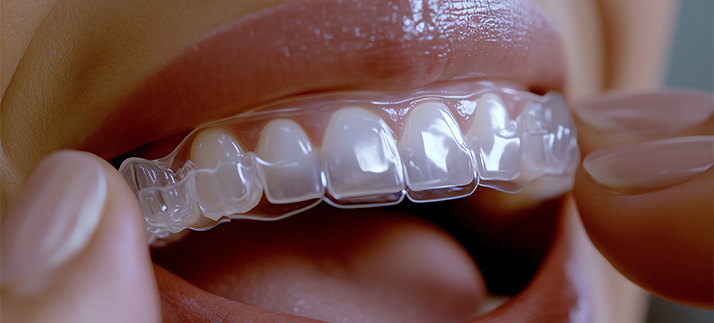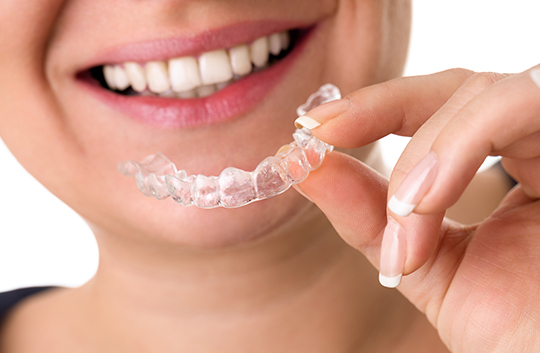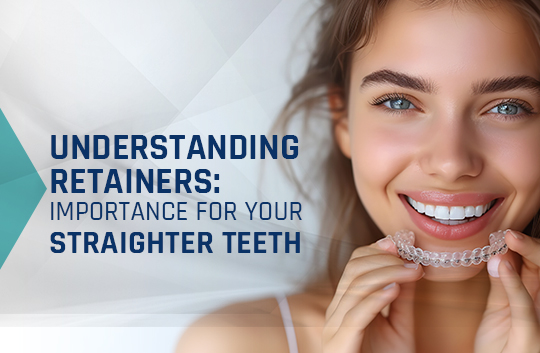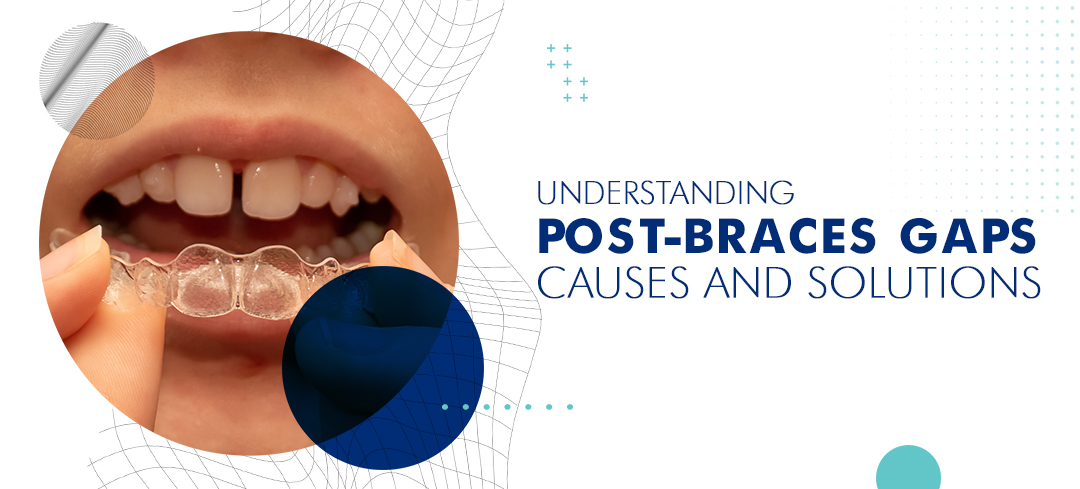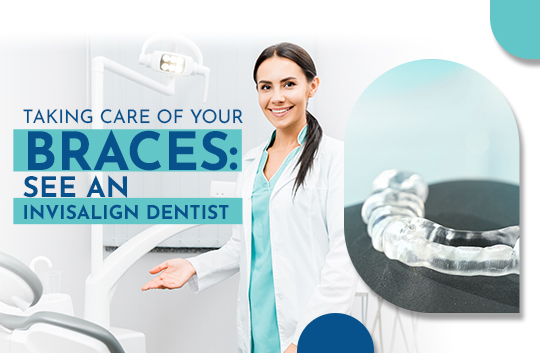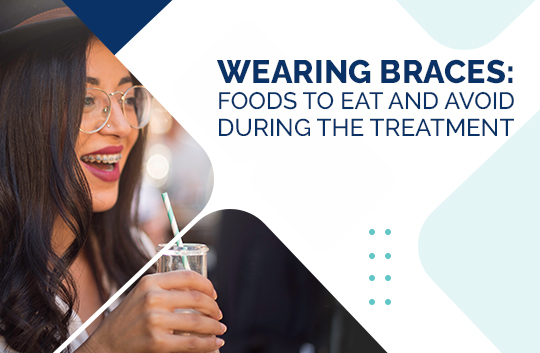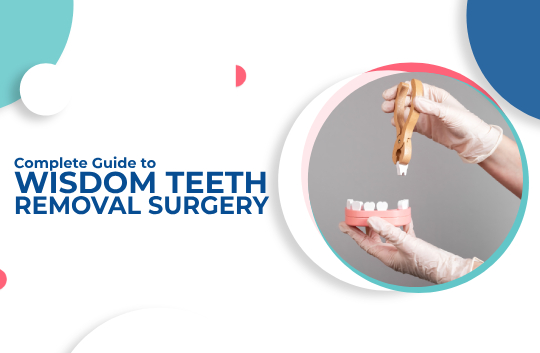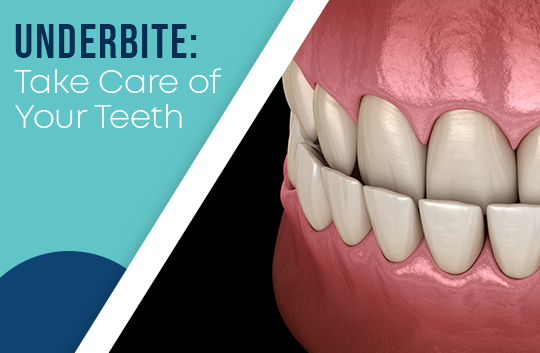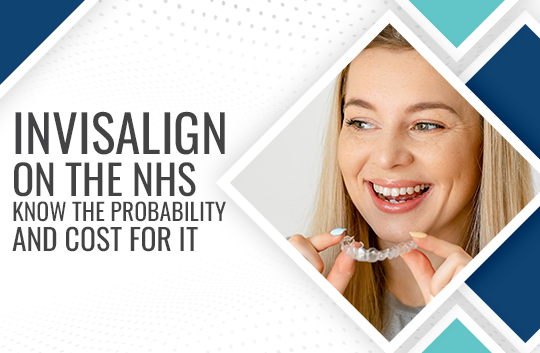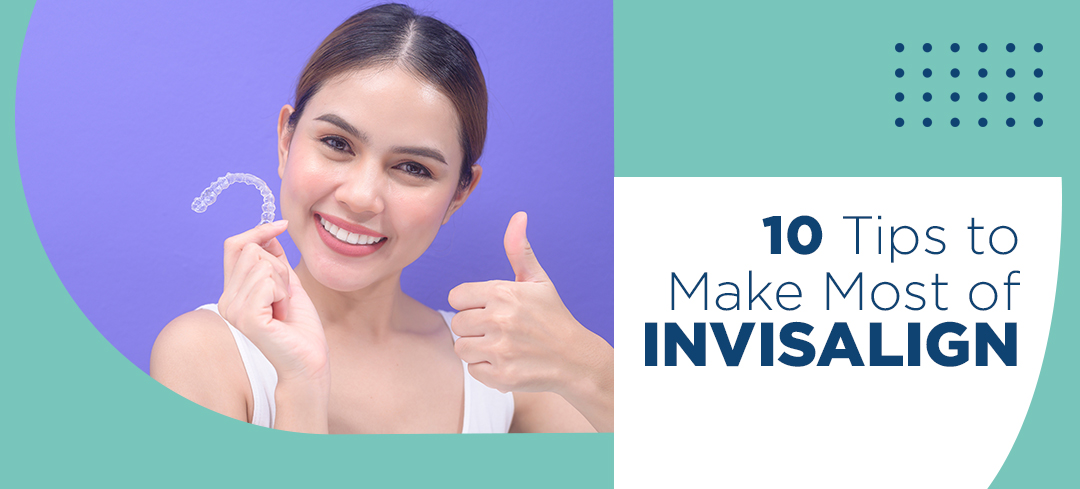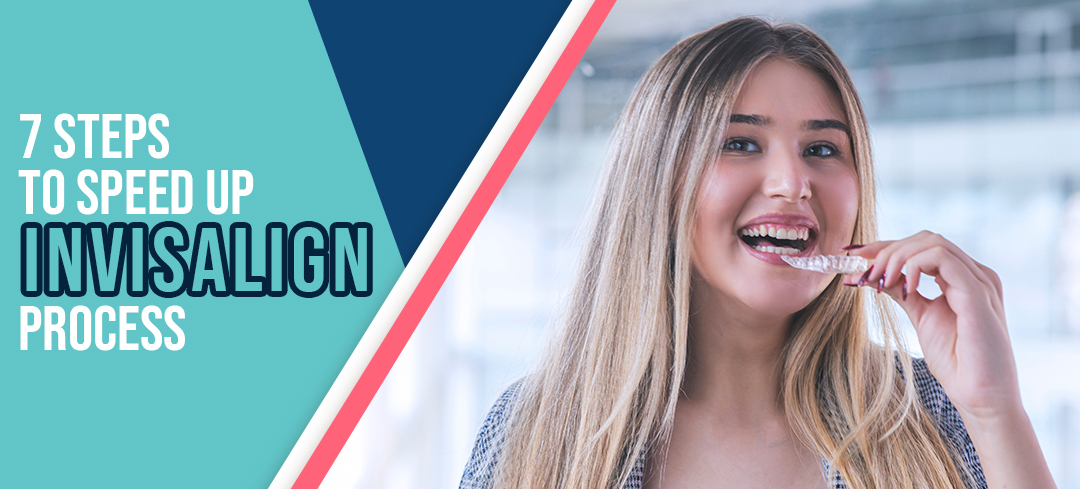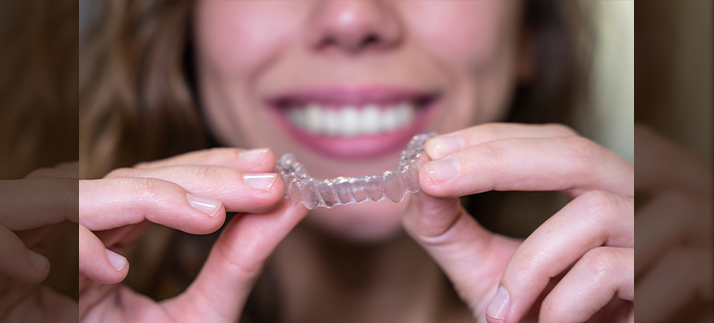
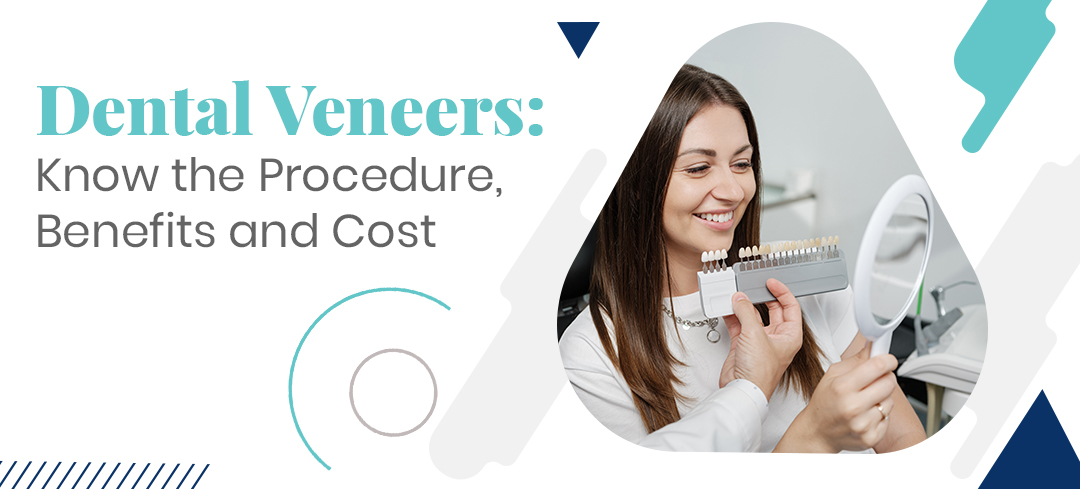
Dental Veneers: Know the Procedure, Benefits and Cost
Do you know a good percentage of people in the age group 25 to 44 years cover their mouth when they smile? This is because they are conscious about their smile due to discoloured, crooked, damaged teeth or too much spacing between the teeth. Regretfully, these reasons may affect their confidence level and discourage from smiling in front of others. Veneers are a suitable option for the ones who want to improve their teeth appearance and regain self-esteem they have lost.
What should you know about veneers?
Dental veneers are customised shells which fit on the front surface of teeth. These are among the common cosmetic dentistry treatments which help to hide chips cracks, stains, discolourations and other cosmetic imperfections.
This aesthetic procedure is permanent unless you decide to choose no-prep veneers. Veneers, unlike whitening or other brightening method for improving the appearance of your natural teeth require sanding of your teeth before the installation. Though patients obtain at least six to eight dental veneers around your front teeth, others need one or two only, A veneer may help to improve smile and protect tooth from further deterioration.

Who is the right candidate for dental veneers treatment?
Anyone who wants to improve their smile appearance can perform veneers treatment. These dental restorations may help to cover up:
- Broken teeth
- Misshapen teeth
- Teeth stain which do not improve with whitening.
- Spaces or gaps in your smile
- Too small teeth
- Chipped teeth
Veneers versus crowns: Know the difference between them
You must be aware that a porcelain veneer covers the front surface of a tooth for improving its appearance. On the other hand, a dental crown covers the entire tooth structure to add protection and strength.
Dental veneers are a cosmetic procedure which improves your smile though they do not repair or strengthen your teeth. Though crowns can improve your teeth appearance, their purpose is to restore teeth which have been badly damaged due to trauma or decay.
What are different kinds of veneers?
These include the following:
- Composite veneers – They can hide mild cosmetic problems and the dentist uses a tooth-coloured composite resin for attaining your desired results. These veneers are shaped freehand directly onto your teeth with a lifespan of two to five years. They are a less costly material when compared to other options.
- Porcelain veneers – These can address several aesthetic concerns and the restorations are customised to fit your dental issues. Before placing porcelain, the dentist will remove some enamel from natural teeth. This will roughen teeth surface and help new veneers to remain in place.
- No-prep veneers – Minimal-prep or no-prep veneers are a less invasive option and these are custom-made for your attractive smile. They require less enamel removal when compared to traditional veneers. You need to know that no-prep veneers will need some enamel removal. No-prep veneers are not the right choice for all and your dentist can tell whether you can undergo the treatment.
- Removable veneers – Also known as snap-on or pop-on veneers, they cover natural teeth to hide the imperfections. Unlike retainers, you may take out removable veneers anytime. These veneers improve your smile and make it difficult to eat which can leave a negative impact on your speech ability. Ask your dentist whether this is a safe option for your case.
What happens before placing dental veneers?
During the initial appointment, your dentist examines the condition of your teeth and gums in order to find out whether you are the right candidate for dental veneers in London. Then he will prepare your teeth by removing small amounts of the enamel. After this he takes your teeth impressions and a technician uses these impressions to create customised veneers.
It may require a few weeks for the dental lab to complete the veneers procedure. The dentist may be placing place temporary veneers, if needed. Once the technician finishes the veneers, the lab will then ship them at your dentist’s office.
What happens during your veneers placement?
At the second visit, your dentist checks the shape, fit and colour of veneers. After this, he will bond them permanently into place with the help of dental cement. Finally, he will be checking your bite and make necessary adjustments.
If you need to change shape or colour of veneers, then you should inform the dentist about it. He will work with you and the dental laboratory to ensure that the results are satisfactory.
There is no downtime for the placement of veneers. People who obtain veneers treatment can resume their normal activities on the same day. You will be able to eat or drink immediately after the appointment once anesthesia has worn off.
Do veneers require special care?
Brushing, flossing and seeing a dentist on routine basis are all you require to keep your veneers in good condition. Use a soft-bristled toothbrush and non-abrasive fluoride toothpaste for cleaning teeth properly. Do not use whitening products as they may scratch your veneers.
If you want veneers to last for a long time, then do not bite directly something hard or crunchy foods like carrots, apples and tough meats.
Porcelain veneers are resistant to stains though it is a good idea to avoid dark-colored foods and beverages such as – tea, coffee, berries and red wine. These foods and drinks may cause to veneers in due course.
What are the benefits of dental veneers?
- Veneers can dramatically improve your smile appearance
- Veneers can resist stains better than natural tooth enamel.
- They blend in with natural teeth for getting long-time results.
- They have a lifespan of 10 to 15 years with proper care
- Dental veneers do not need additional maintenance.
Are veneers a permanent solution?
Most kinds of dental veneers are permanent which means they are not reversible. Some veneer types such as minimal or no-prep prep is reversible. Veneers are meant to last somewhere between 10 to 15 years with proper care and maintenance on an average.
How can you keep your veneers in good condition?
Maintaining the look of your veneers requires proper care. If you want to get rid of stains, then the dentist may advise not to consume coffee or red wine after the surgery. It is a good idea to avoid taking excessively hot or cold meals and beverages as the teeth may get sensitive. Below are some aftercare suggestions for dental veneers to enjoy long-term aesthetic effects you desire:
- Brush at least two times a day with a soft-bristled toothbrush and non-abrasive fluoride toothpaste
- Floss once daily in between the teeth
- Use an anti-bacterial mouthwash to clean mouth twice daily
- Wear mouth guard to avoid bruxism which cause veneers to erode the enamel
- Do not use teeth as tools for tearing off clothing tags
- Avoid biting hard sweets, pens, pencils or ice cubes as these may harm veneers
- Visit your dentist for routine examinations and mouth cleanings.
What is the cost of dental veneers?
The cost of dental veneers in UK can be determined by several factors such as – type of veneers you select, the dentist who will perform the treatment, experience of dentist and the living cost of your specific area. Our pricing for veneers starts from £1100 and the dentist can help exact cost of your treatment. Speak with your dentist to discuss about possible options before performing the treatment.
How long do dental veneers last?
The lifespan of veneers will depend on whether you are having composite or porcelain veneers, and how properly you take care of them. Porcelain laminate veneers are meant to last 10 to 12 years. Alternatively, composite resin veneers need to be replaced quickly as they may last for 4 to 8 years.
When should you visit a healthcare provider?
When you are not happy with the appearance of your smile, dental veneers might be a suitable solution. Talk to a dentist about your cosmetic concerns and know whether veneers will work the best for you. If you are already having veneers and find something does not feel right, then you should call your dentist immediately.
Dental veneers are a great way to improve your smile and boost confidence level. Before you decide to undergo this treatment, make sure you are aware about the pros and cons associated with it. Talk to a dentist about specific objectives and determine whether veneers are the right solution for your condition.
 70 Great Russell St, Holborn, London WC1B 3BN, UK
70 Great Russell St, Holborn, London WC1B 3BN, UK



